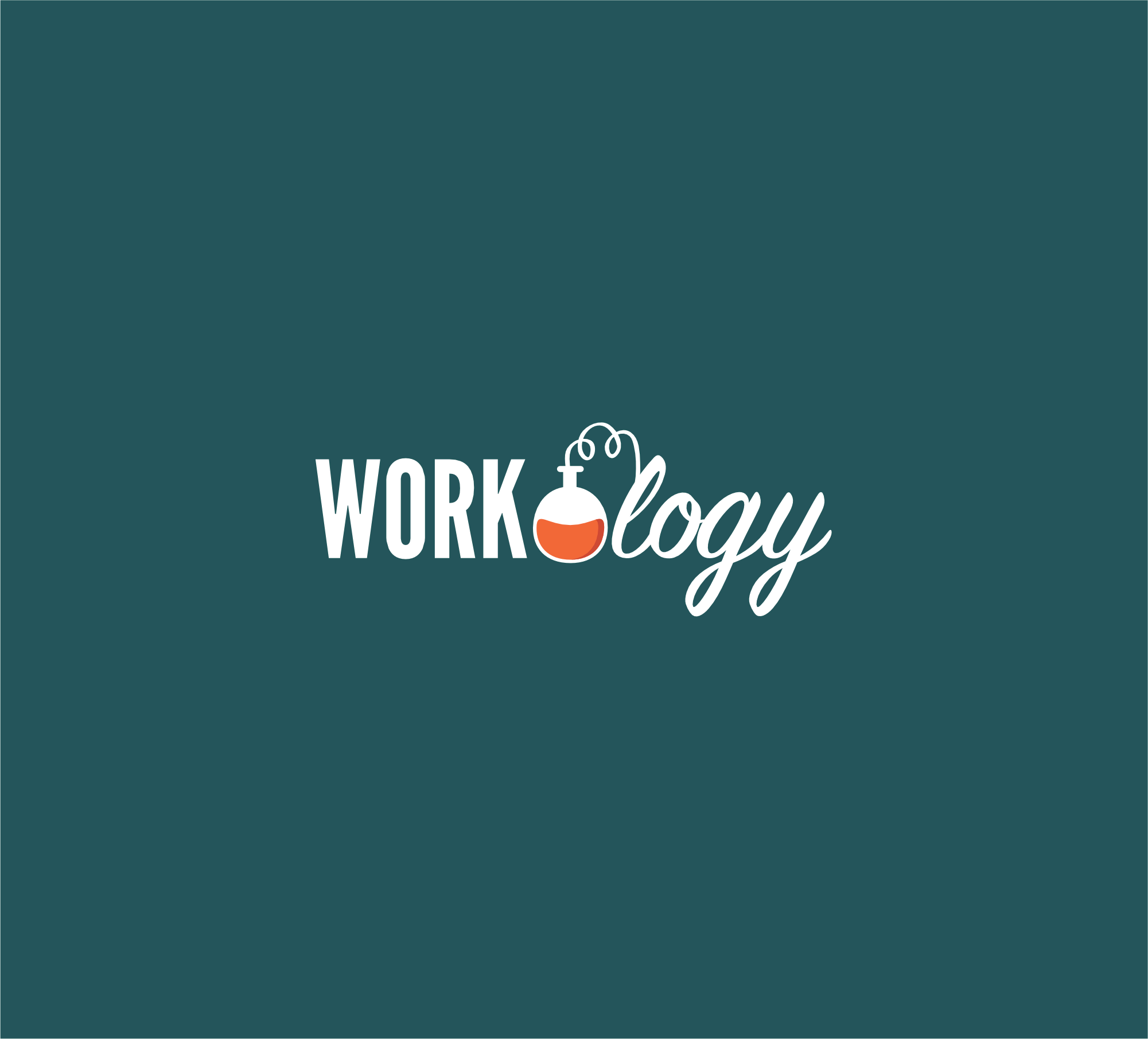Employee Succession Plan Impacts Engagement
As someone who has participated in succession planning for my direct reports and employee populations I was responsible for, I never had the opportunity to hear from my senior leaders their succession plan or planning for me. You’d think that as an employee working within a business, you could be privy to the conversation, but I’ve discovered that this conversation is frequently only saved for those individuals they label as high potential or simply senior executives themselves. So here are my memoirs and story as a non-high potential employee.
My corporate HR team sent me an email at the beginning of my professional career encouraging me to take part in interviews and development for a high potential human resources post. Sharing the news with my coworkers, colleagues, and family had me giddy with excitement. I rewrote my resume, prepared for potential interview questions, and even bought a new khaki suit with a red camisole. All of this took me hours. I believed I was a woman on a mission, an overly invested worker trying to establish her value, but I was wrong. That invitation with a lot of potential was not for me.
To break the terrible news, my shop manager called me into his office. I was not invited since the email that was sent to me was a mistake. I became a disengaged employee at that point because I felt humiliated, defeated, and embarrassed. The worst HR is a disengaged HR. The regional HR director called me in an effort to diffuse the situation, explain her course of action, and support her viewpoint. The damage was done. She told me she had an alternative career path for me at that time, the first time in my nearly two years working for that company.
But What About the Non-High Potential Employee?
This week, I heard Jim Quigley, the departing CEO of Deloitte, speak about leadership and how senior leaders view leadership and the development of talent as a crucial strategy in both increasing and maintaining your workforce. Without mentioning non-high potential employees, he spoke frankly about how CEOs of prestigious firms use purposeful leadership to develop and enhance their personnel, starting with senior leaders and high potentials.
“Passion,” Quigley says “Plays a role in engagement, happiness, development, and productivity of an employee.” And yet, 50% of employees are not happy at work while a growing number of independent consultants, contractors, and entrepreneurs like me are throwing caution to the wind and pursuing their passion and dictating their own career path and not the direction or point of view of another especially that Regional HR Director. My point of view is that senior leaders especially CEO’s are more disconnected from the average employee than ever before, and their management team is filled with politicians not change makers who look past individuals, focus on overarching leadership theories maybe like I was who are different or stand out.
Leadership Theories & Embracing the Practical Genius
Gina Rodan, the author of Practical Genius calls these younger twenty-something employees who are often round pegs in square organizations, “Fat Brains.” According to this leadership theory, fat heads are innovative risk-takers who present an uncommon point of view that is frequently characterized as troublesome, restless, or opposing. These fat brains, however, are inventive, special, and productive—but only under their rules. Which brings me to my issue with high-potentials because, in my experience, these people are risk-averse.
Are you holding meetings with any of your lower-potential employees? How do you describe them in terms of their organizational career paths, professional objectives, and aspirations? Because it seems a little short-sighted in any succession plan and leadership strategy to concentrate all of your efforts on a select number of corporate workers who have been identified as high potential.








5 Comments
HOLY FREAKING COW! You have hit the nail on the head with this one girl!
Thanks, Dani. This one was hard to write because I’ve always prided myself on being super competitive and better than average. No one likes to be told they are not good enough, but average employees are important for the success of a business non-the-less.
It’s time we start focusing as much on the average employee as we do the high potentials.
JMM
Yikes! What a devastating experience you had. People often live up or down to expectations of them. If you had gone through that high-po interview process you may have ended up as a high-po in that company. As it is, you’ve had to get past a setback. I believe employers should treat all employees like high-pos; the results would be pleasantly surprising.
I concur with Lee……Actually, I’ll take it a step further. Not only do people live up or down to expectations….but people also SEE the attributes that they expect – i.e. confirmation bias, so it ends up a double whammy…..
Thanks for sharing a great blog, Jessica. I am one of those HR/OD types who has played a part in building succession programs for both private and public sector organizations. We’ve been the most successful with our high potential efforts when we create a strong culture of development open to all and tailor our succession efforts to the needs of “fat brains” and other populations too. It’s easier said than done when most leadership teams are most interested in the top 1% but have made progress in being inclusive. Again, thanks for sharing your experience and perspective.
Comments are closed.